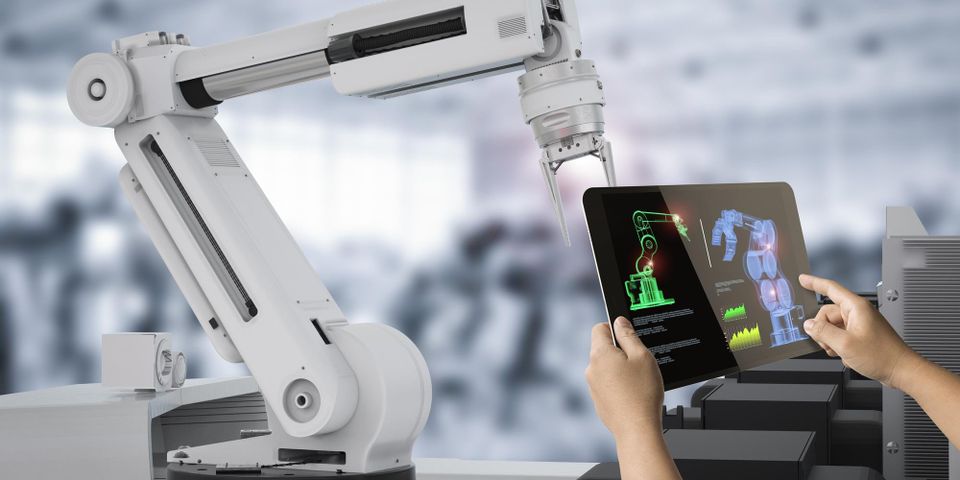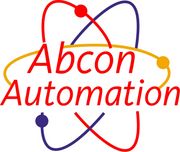
Industrial automation is advancing by leaps and bounds, seemingly becoming more sophisticated by the day. As the Internet of Things (IoT) impacts operations in every industry, designing an efficient, understandable user interface is more important than ever. If you’re upgrading your systems or building a new plant, below are answers to some common questions you might have about Human-Machine Interfaces (HMIs).
Answering Common Questions About HMIs
What is an HMI?
In its simplest terms, a Human-Machine Interface is any system that allows a user to communicate with a machine. In industrial automation systems, the interface may display errors and other data, track production times, and monitor quality. Through the HMI, users can also enter commands to control the system manually.
How does the IoT affect Human-Machine Interfaces?
IoT technologies give industrial machines and software the capability to communicate directly. This allows them to fine-tune processes, detect errors, and even prevent problems on their own. Because so many aspects of production are now controlled solely by machines, an efficient, well-designed HMI is more critical than ever. A single HMI can provide a window into an entire manufacturing and logistics process.
What do HMIs consist of?
 HMIs come in a wide range of designs, tailored to the demands of unique situations. Touch screens on manufacturing equipment are one common example, along with the software used to manage the entire network. More advanced industrial automation platforms may even use a smartphone or tablet app to interface with users.
HMIs come in a wide range of designs, tailored to the demands of unique situations. Touch screens on manufacturing equipment are one common example, along with the software used to manage the entire network. More advanced industrial automation platforms may even use a smartphone or tablet app to interface with users.
What industries use HMIs?
Traditionally, industrial automation was most often associated with the manufacturing industry, but IoT technology is rapidly affecting other sectors. Food service companies may need HMIs to oversee automatic inventory management systems, while transportation and logistics providers often use them to track shipments and packages.
For over 15 years, Abcon Automation, Inc. has been at the forefront of industrial automation technology. From their headquarters in Fairfield, OH, they help clients across the country maximize efficiency through state-of-the-art, customized turnkey industrial automation solutions. Visit their website for more on their programming and interface services, follow their Facebook for tips and professional insight, or call (513) 851-7572 to discuss your needs with a member of their team.
About the Business
Have a question? Ask the experts!
Send your question

